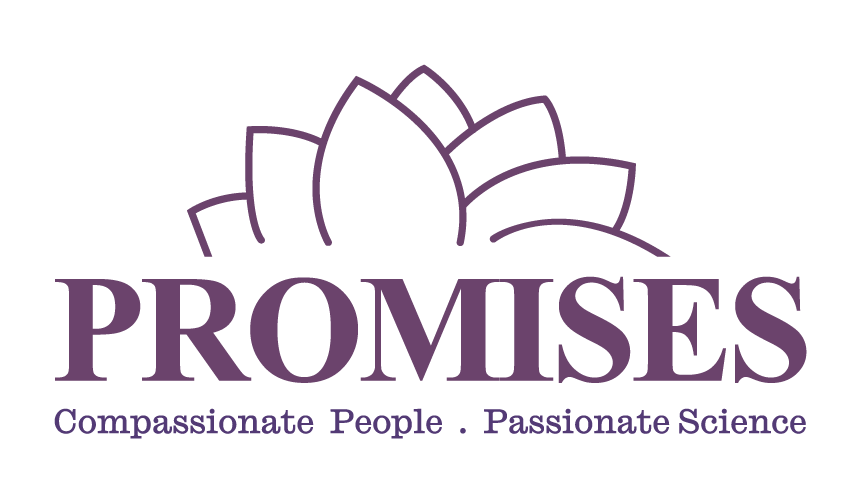Youths these days have a lot on their plate. Teenagers have to cope with the highly competitive education system, and the fresh graduates are worried about employment opportunities or career advancement. Coupled with the need to maintain good relationships with their friends and family, these individuals may be experiencing high levels of stress. Some people do thrive well under stress, but what happens when stress levels exceed the healthy range? For those who are unable to cope, chances are their mental wellbeing would take a toll.
With young people unable to attend school in person regularly or go into the workplace during the circuit breaker, they might have felt increasingly isolated due to the lack of face-to-face social interaction over this extended period of time. Furthermore, having to fight for their own space while at home with their family members may have caused some conflict and frustration for some. Undoubtedly, cabin fever may have also kicked in for some of them. Although circuit breaker measures have recently been eased, youths may not be able to adjust back to the norms as easily as one might expect. Reports have shown that it is expected that more youths will be prone to developing mental health issues such as depression due to the various implemented COVID 19 pandemic coping measures.
Depression is one of the world’s leading mental health disorders, and youths have become increasingly prone to it. Studies have shown that depression affects up to 18% of Singaporean youths. People with depression may turn to self-harm or experience thoughts of suicide. These are often methods they adopt in order to cope with their difficult emotions. According to the suicide prevention agency Samaritans of Singapore (SOS), suicide remains the leading cause of death among youths aged 10 to 29 in Singapore, and as of 2018, 94 of them had succumbed to suicide. In order to curb the rise of depression cases among youths, it is important that we are able to identify the early stages of depression. Doing so will allow them to seek treatment earlier and to help them get back onto their feet. Depression, if left untreated, will severely impact people’s lives in a negative light, causing personal, educational and familial difficulties.
Here are some of the most common symptoms of depression that you should look out for (not exhaustive):
- Extreme sadness and low mood
- Lack of interest in activities once enjoyed
- Lack of self-worth
- Increased lethargy
- Experiences sleep disturbances and loss of appetite
- Poor concentration and impaired memory
- Sense of hopelessness and helplessness
- Excessive self-criticism and self-blame
If you notice a friend or family member of yours showing such symptoms for long periods of time, perhaps it is time to seek help from a professional mental health expert.
But how can we first better support troubled youths? When it comes to dealing with depression, individuals with mild depressive conditions could adopt self-help strategies such as trying to maintain a balanced diet, to pick up on relaxation techniques, embark on daily gratitude journaling exercises (e.g. 3 things I can be thankful for today) and get some exercise in, even if it’s just a stroll around the estate or exercises from ATHLEAN-X™ or Athlean-XX for Women. Try encouraging them to live a healthy lifestyle and maybe create a ‘Daily Wellness Plan’ – a list of little and big things they can accomplish on a daily basis to comfort and keep their moods up. However, it is key to take note that even though their depression may be perceived to be mild from a third person’s point of view, we should never make assumptions as to what they truly feel on the inside. We should never, under any circumstance, tell them to “snap out of it”. It is very important for us to be patient and listen to what they have to say if they do approach and confide in you. Stay empathetic and show your concern for the individual. Acknowledge and respect their feelings and worries. Listen actively by using active listening skills. Encourage them to join mental health support groups like those conducted by PSALTCare – journeying with others that are going through similar struggles can encourage social healing.
On the other hand, for those coping with moderate to severe conditions, we might need to encourage them to seek a multidisciplinary approach to recovery like psychiatric help and look to taking medications, with supporting psychotherapy or counselling sessions and support groups. They might also be afraid of the stigma attached to seeing a Psychiatrist or what would transpire in that session. Try to assure them that there is nothing to be ashamed of. In fact, it is a lot more common in Singapore now, and a trip to the Psychiatrist is as straightforward as seeing your family doctor. Alternatively, these youths can book appointments for psychotherapy first. With appropriate treatment and support, it is entirely possible for them to move on and lead a more productive and happier life. Here’s a questionnaire that is widely used by Psychiatrists to help determine depression to help you with next steps decisions: www.mdcalc.com/phq-9-patient-health-questionnaire-9
If you or anyone you know are struggling and are unable to cope with the post-lockdown blues, we strongly encourage you to get professional help. Do not hesitate to contact us when necessary.
References:
- Teen Mental Health: Depression (Accessed 22/05)
- CNA: Under pressure at home and in school, youths battle depression (Accessed 22/05)
- Photo by Yuris Alhumaydy on Unsplash

